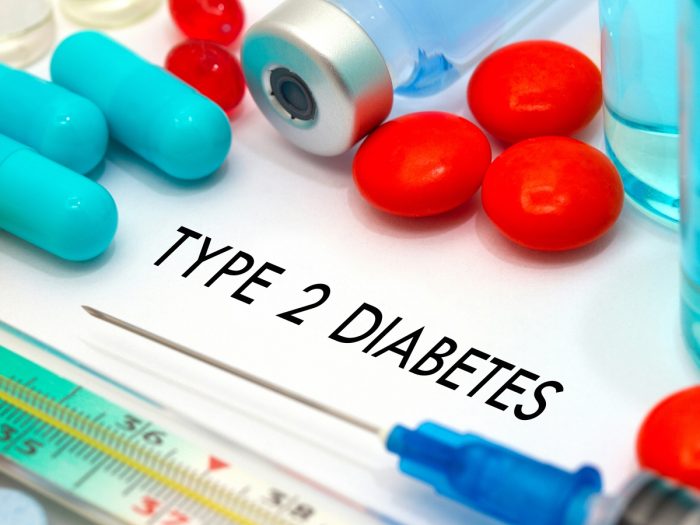For those watching their blood sugar, it might not seem like watermelon and diabetes is a good fit, but there are a number of factors to consider before eliminating this sweet fruit from your diet. And it is normal if diabetics eat watermelon, in limited quantities.
Can Diabetics Eat Watermelon?
 Generally speaking, diabetic patients want to spread out their carbohydrate intake throughout the day, rather than having spikes and drops in blood sugar. Watermelon can have an effect on blood sugar, particularly when eaten in excess, so moderation should always be practiced. Watermelon isn’t necessarily the best fruit for diabetes, but it does contain lycopene and other antioxidants, as well as a high content of water and vitamins. Some of these effects can improve heart health and other metabolic aspects, offsetting the potential risk of blood sugar fluctuation.
Generally speaking, diabetic patients want to spread out their carbohydrate intake throughout the day, rather than having spikes and drops in blood sugar. Watermelon can have an effect on blood sugar, particularly when eaten in excess, so moderation should always be practiced. Watermelon isn’t necessarily the best fruit for diabetes, but it does contain lycopene and other antioxidants, as well as a high content of water and vitamins. Some of these effects can improve heart health and other metabolic aspects, offsetting the potential risk of blood sugar fluctuation.
At the end of the day, it is safe for diabetics to eat watermelon in small, occasional quantities, but gorging on a bowl of this summertime favorite isn’t a great idea if you’re trying to control your blood sugar.
Watermelon Nutrition
The nutritional profile of watermelon is quite impressive, as it contains a good amount of vitamin C, B vitamins, vitamin A, potassium, magnesium, and copper, as well as high concentrations of lycopene and other antioxidants. In terms of watermelon’s glycemic index (GI), it is quite high at 72, which is usually an indicator that a food should be avoided by diabetics. However, the glycemic load (GL) of this fruit is very low, coming in at 5, because the carbohydrate content by weight of this fruit is quite low.
Precautions to be Taken While Having Watermelon
If you simply must eat watermelon over the summer, even if you have diabetes, simply take it in moderation. About 3 cups of fresh watermelon are equivalent to a whole banana – in terms of carbohydrates – so you don’t have too much to worry about. Simply be conscious of your other carbohydrate consumption throughout the day. Remember, some of the other components in watermelon (lycopene) can actually help regulate diabetes. Consume only moderate amounts of watermelon and diabetes shouldn’t be too much of a risk!
To summarise, watermelon’s glycemic index (GI) being quite high at 72, is an indicator. However, the GL of watermelon being 5, means that you can add it to your diabetic meal plan.
References



